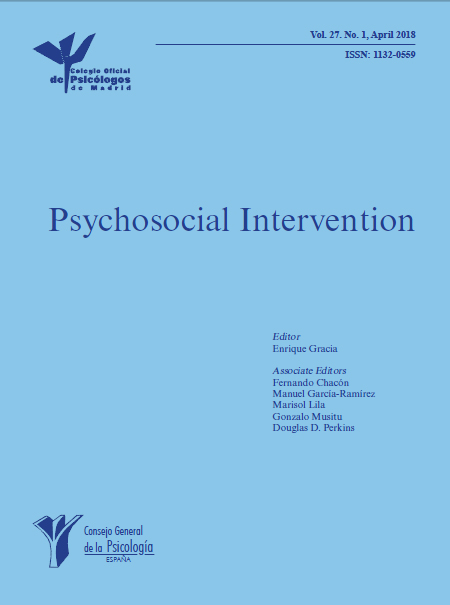
Mobile phone quality vs. direct quality: How the presentation format affects earwitness identification accuracy
[Mobile phone quality vs. direct quality: How the presentation format affects earwitness identification accuracy]
Lisa Öhman; Anders Eriksson; and Pär Anders Granhag
Abstract
The present study aimed to gain insight into the effect of mobile phone quality on voice identification using an ecologically realistic design. A total of 165 participants were exposed to an unfamiliar voice, either directly recorded or mobile phone recorded, for 40 seconds. After a two week delay, they were asked to identify the target-voice in a 7 voice target-present line-up. We used a between-subjects design, where half of the subjects were exposed to a directly recorded line-up, and the other half to a mobile phone recorded line-up. Data analysis did not show any significant effect of presentation format or line-up format. These results suggest that the detrimental effect on voice recognition suggested by the poorer sound quality of mobile phone recordings is minimal. They also indicate that there is no benefit from conducting a mobile phone recorded line-up, if the voice is originally heard over a mobile phone. More research is needed, however, before definitive conclusions may be drawn. The overall accuracy for correct identifications was 12.7% which is expected by chance. Further, one particular foil attracted 54% of all false identifications. Future research should focus on explaining why earwitnesses perform so poorly and develop methods to improve identification accuracy.
Resumen
Copyright © 2026. Colegio Oficial de la Psicología de Madrid















